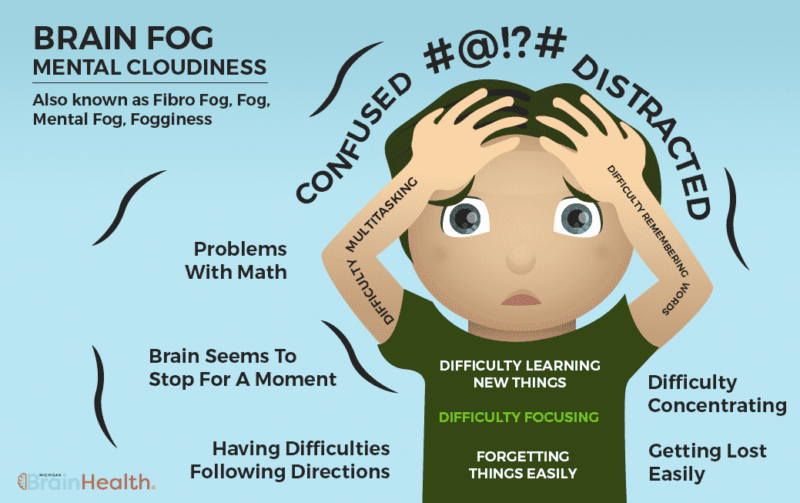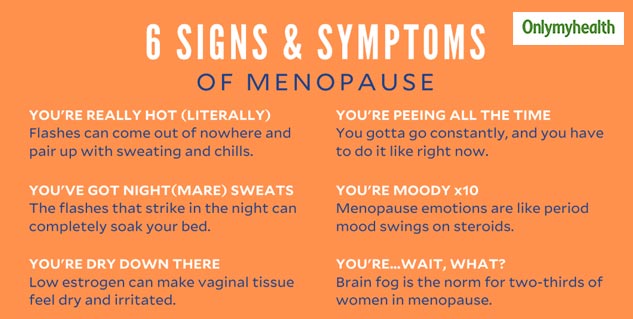
It's not just people who were hospitalised with coronavirus who can develop brain fog. Speak to your GP if you're worried about your symptoms. While recovering from coronavirus (COVID-19), some people experience brain fog symptoms for a short time while others may experience brain fog for several months or longer. Brain fog is also common if you have depression, anxiety or stress. You may get similar symptoms after other infections, a minor head injury or during the menopause. It's not the same as dementia and does not mean structural damage to the brain. There is no universal method of diagnoses, but when you experience these symptoms, consider getting a brain fog treatment.Brain fog is not a medical term but used to describe a range of symptoms including:īrain fog can feel similar to the effects of sleep deprivation or stress. Consider treating your brain like a muscle and make sure it gets regular exercise, say solving problems, puzzles, reading a book, learning a new skill that will help you at work, enrolling in courses, etc. These are small changes that can create a cumulative effect that improves your life.

If you want to immediately eliminate most of the stressors that lead to brain fog, then you want to focus more on sleeping, reducing your screen time, especially before bed, eating well, and exercising regularly. For instance, if you’re overworking yourself and finding it difficult to process your thoughts, experts recommend getting adequate rest and sleeping well. Typically, brain fog treatment is directed at reversing the conditions that cause it. However, there is no standard treatment method or specific medication that is used to treat brain fog. Researchers have also shown that 20-30% of people may experience brain fog after COVID-19.īrain fog can actually be frustrating for anyone experiencing it, but is a treatable condition. If untreated, brain fog symptoms can degenerate into other conditions, such as diabetes mellitus. On a cellular level, experts believe that brain fog is caused by high levels of inflammation and hormonal imbalance, which affect your ability to focus, your mood, and your energy. Brain fog is characterized by confusion, forgetfulness, and a lack of focus and mental clarity. It doesn’t also have a single medical diagnosis. Keep in mind that there is no specific medication or globally-adopted treatment for brain fog. For instance, sleeping early, avoiding screens before sleep, and getting enough sleep can help to clear your head and improve your condition. Brain fog can be caused by several factors, and because of this, treatment is often tailored to address the specific cause of the symptom. Our Cognitive Brain Training is designed to help remediate (not rehabilitate) cognitive and executive function deficits.īrain fog treatment is typically aimed at improving the symptoms of patients experiencing brain fog or mental fog. Instead, it can impact the quality of your life negatively, and even lead to other conditions like Parkinson’s disease, memory loss, and Alzheimer’s disease. It will, most often, not go away by ignoring it.

When you experience brain fog, it’s important to get a brain fog treatment that can help you improve your health. While there is no standard medical definition for lack of mental clarity or brain fog, it is known for a number of common symptoms.

The symptoms become worse when we overwork ourselves, do not get enough sleep, spend way too much time in front of the screen, experience increased stress, or are exposed to certain toxins. Most people experience these symptoms, but as you get older, they tend to occur more often. Are you having difficulty focusing on a line of thoughts, recollecting memories, concentrating at work, or often losing what you wanted to say during a conversation? You might be experiencing something called brain fog.


 0 kommentar(er)
0 kommentar(er)
